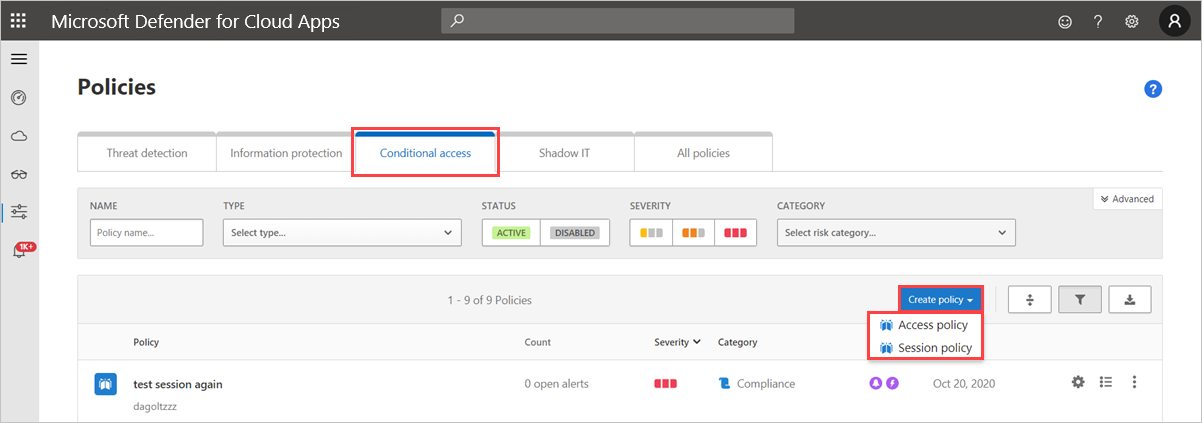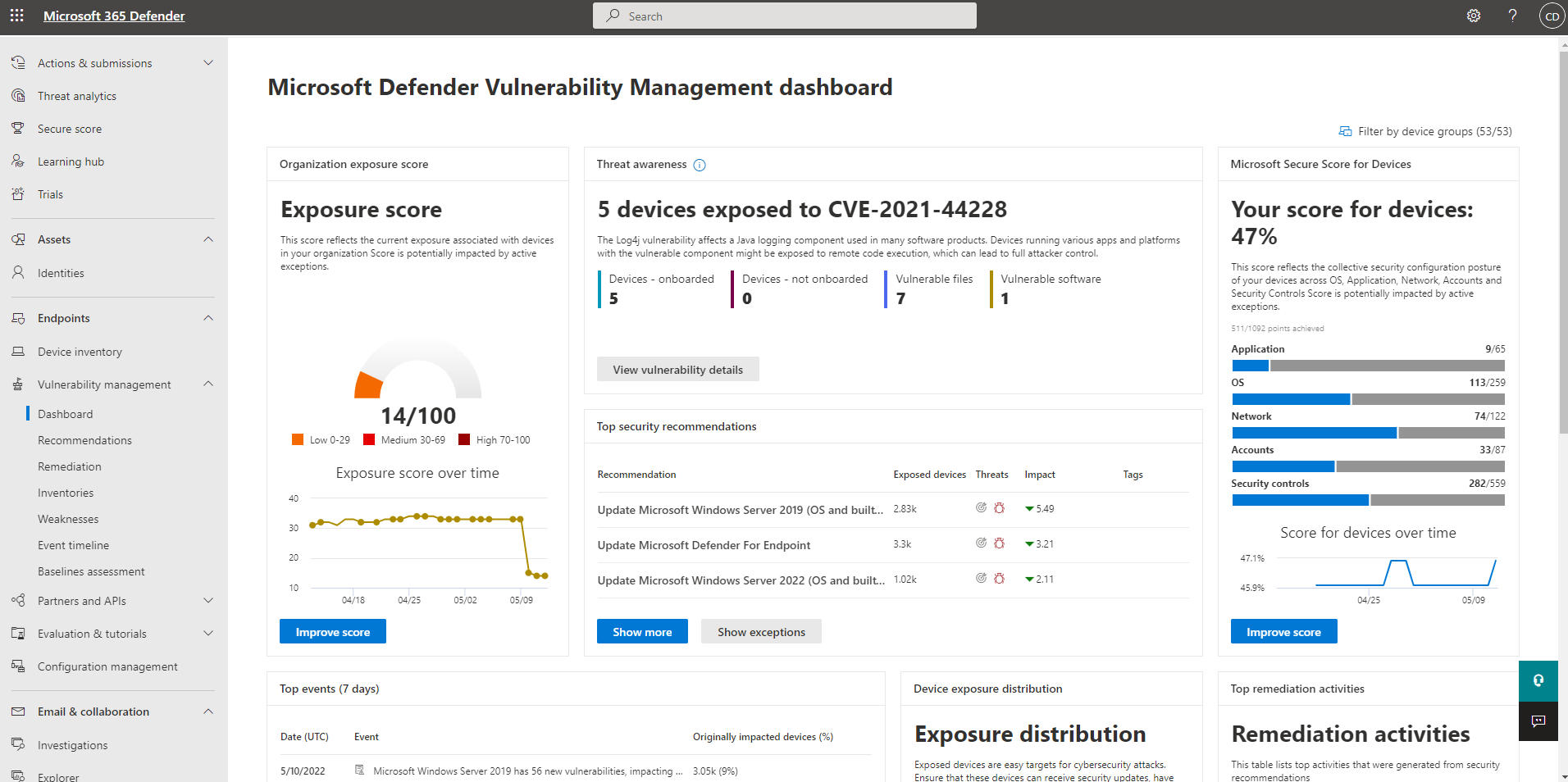An Overview of Cloud Security
As more and more businesses move toward digital transformation and integrate cloud-based tools and services in today’s cloud-first world, security becomes a major element in the success of their cloud migration. As a result, cloud security is needed to help organizations securely manage their data, applications, and resources in the cloud. Through a set of policies, services, and security controls, cloud security solutions protect organizations’ multicloud resources, workloads, and applications against evolving threats and provide them with a unified platform to monitor and manage their cloud-based environment.

Why is Cloud Security important?
1– Disaster Recovery
Disasters can strike at any point in time and greatly affect your data and company if you’re not properly secured. Whether it is a service disruption or accidental deletion or corruption of files, data loss is one of companies’ major challenges. This can be remediated through cloud backup and recovery using cloud security solutions. The Azure backup and disaster recovery solution, for example, offers various services that protect your data in the cloud which include Azure Backup, Azure Site Recovery, and Azure Archive Storage.
2- Access Controls
Data leakage is a common, growing concern for many organizations, especially in today’s era of intelligence. If you have weak cloud security, then any unauthorized person can access your data and share it publicly. Thus, to prevent sensitive data from falling into the wrong hands, businesses should enforce access controls to limit the access of corporate data to only authorized employees. This is done through implementing a robust cloud security solution like Microsoft Defender for Cloud Apps where you can create file policies to prevent unauthorized access to sensitive corporate data.

3- Increased Reliability and Availability
Many organizations believe that cloud computing and cloud-based solutions are not reliable since users cannot control the hardware and physical machines on which the data is stored. However, cloud data centers are actually more secure than on-premises machines. According to Gartner estimates, workloads using public cloud services will have at least 60% fewer security incidents than those relying on traditional data centers. This is because top cloud providers, such as Microsoft, offer comprehensive, multi-layered security that includes the following:
- Access control systems
- Continual threat monitoring
- Encryption for data in transit and at rest
- Physical data center security
- Network protection
- Application security
- Data redundancy
- Continuous validation
- Mass file deletion protection
- Suspicious login and activity monitoring
Consequently, cloud security solutions provide organizations with increased reliability and availability, as they help businesses gain more visibility and control over devices, data, and resources in their environment.
4-Centralized Management of Security Products
An important feature that some cloud security products offer is centralized management which gives you centralized view of applications, data, and devices in your organization—all in a single, unified platform. This helps you easily manage and ensure that everything is protected. The Microsoft 365 Defender portal, for instance, combines protection, detection, investigation, and response to email, collaboration, identity, device, and cloud app threats, in a central place. In fact, the portal includes various cloud security solutions: Microsoft Defender for Office 365, Microsoft Defender for Endpoint, Microsoft Defender for Identity, and Microsoft Defender for Cloud Apps.

5- Lower Upfront Costs
Implementing cloud security solutions not only protects your environment, but also helps you save money through significantly reducing upfront costs. With cloud-based security, organizations do not need to invest in continuously upgrading security hardware to protect their IT infrastructure nor hire an internal security team to safeguard their dedicated hardware. Moreover, unlike hardware security products, cloud solutions do not require any maintenance fees, and you only pay for the services you use. For instance, if your organization no longer wants to use a certain cloud security solution, they can stop using it at any time, and they will no longer be charged for it the minute they stop using it. In contrast, organizations that opt for hardware security products do not have this option, as they become stuck with the appliances they already bought.
The Need for Cloud Security
Undoubtedly, the rise of cloud computing transformed the way we do business, as cloud migration and digital transformation have become the pillars of a successful and ever-lasting business model. However, as applications, data, and resources move to the cloud, securing your organization is imperative for ensuring sustainability and growth. Cloud security solutions offer businesses the security, ease of management, and cost-effectiveness they need to not only survive in a changing world, but also thrive and take the lead in business.





